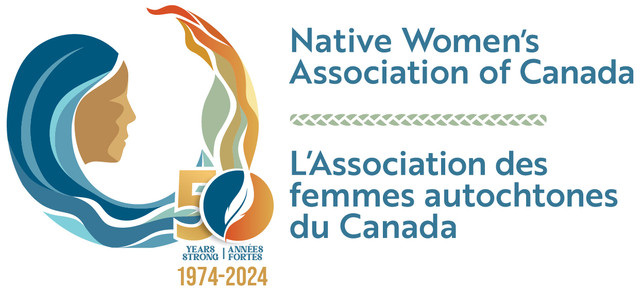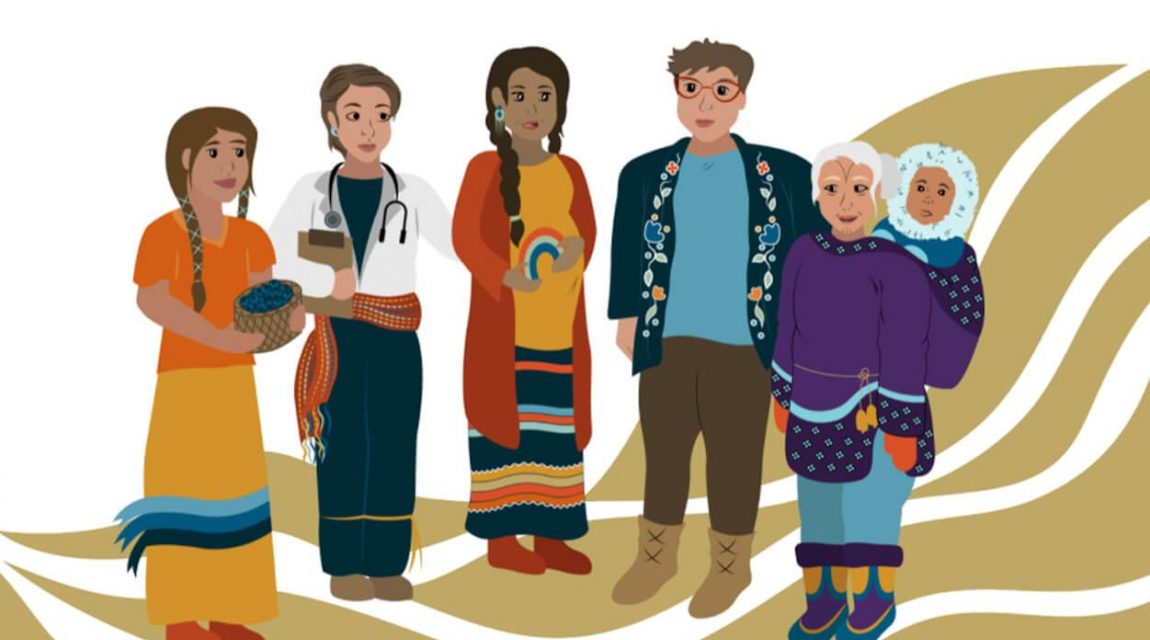One of the projects that the NWAC health team is working on is researching the co-development of distinctions-based Indigenous health legislation.
Indigenous women, girls, Two-Spirit, and gender-diverse people are disproportionately affected by inequities in Canadian health care systems. Using a culturally relevant gender-based lens, NWAC’s Co-development of Distinctions-based Indigenous Health Legislation project will encourage government policy that responds to the Indigenous social determinants of health. This project will highlight Indigenous rights and gender-based rights as foundational to creating the transformative change that is required to save lives and achieve health equity.
There are many distinctions-based, community-based, and needs-based considerations regarding the health of Indigenous peoples in Canada. NWAC’s culturally relevant gender-based analysis shows that Indigenous women, girls, Two-Spirit, and gender-diverse people face unique forms of oppression in Canadian health care systems, including racism, gender-based discrimination, medical violence, and neglect. Long-standing health inequities between Indigenous Peoples and non-Indigenous people have been the subject of several inquiries and reports in Canada. These inequities disproportionately affect Indigenous women, Two-Spirit, and gender-diverse people.
Indigenous women and 2SLGBTQQIA+ people need urgent access to Indigenous-led treatment for generational trauma and mental health that is rooted in distinct ways of knowing. Métis women and gender-diverse people are largely excluded from Canadian Indigenous health policy. Inuit pregnant people urgently require access to community-based childbirth and midwifery services, no matter where they live in Canada. Indigenous people living in remote areas routinely travel long distances to access health care. These and other long-standing health inequities have worsened during the COVID-19 pandemic.
To help us with this work, NWAC hosted a series of virtual roundtables with Indigenous experts to discuss research questions about the co-development of distinctions-based Indigenous health legislation. These experts shared their first-hand knowledge, experiences, and ideas for transformative change in Canada’s health care system. We heard that transformative change is rooted in the needs of people. We heard that transformative change is self-determination for Indigenous Peoples. We heard that transformative change is a shift in health care systems to include Indigenous practices from birth onward throughout the life cycle.
In 2019, Prime Minister Trudeau mandated the Minister of Indigenous Services to “co-develop distinctions-based Indigenous health legislation, backed with the investments needed to deliver high-quality, health care for all Indigenous Peoples.” Funded by Indigenous Services Canada, NWAC’s Co-development of Distinctions-based Indigenous Health Legislation project will inform our advocacy, direction, and guidance efforts on this issue.
Through research, education, and policy, the NWAC health team works to advocate for the highest attainable standard of health and well-being of all Indigenous women and 2SLGBTQQIA+ people. NWAC’s Co-development of Distinctions-based Indigenous Health Legislation project is addressing the unique and intersectional needs of Indigenous women, Two-Spirit, and gender-diverse people in Canada. Our final report and recommendations— informed by the voices of Indigenous women and 2SLGBTQQIA+ people—to the federal government will be published in early 2022.

